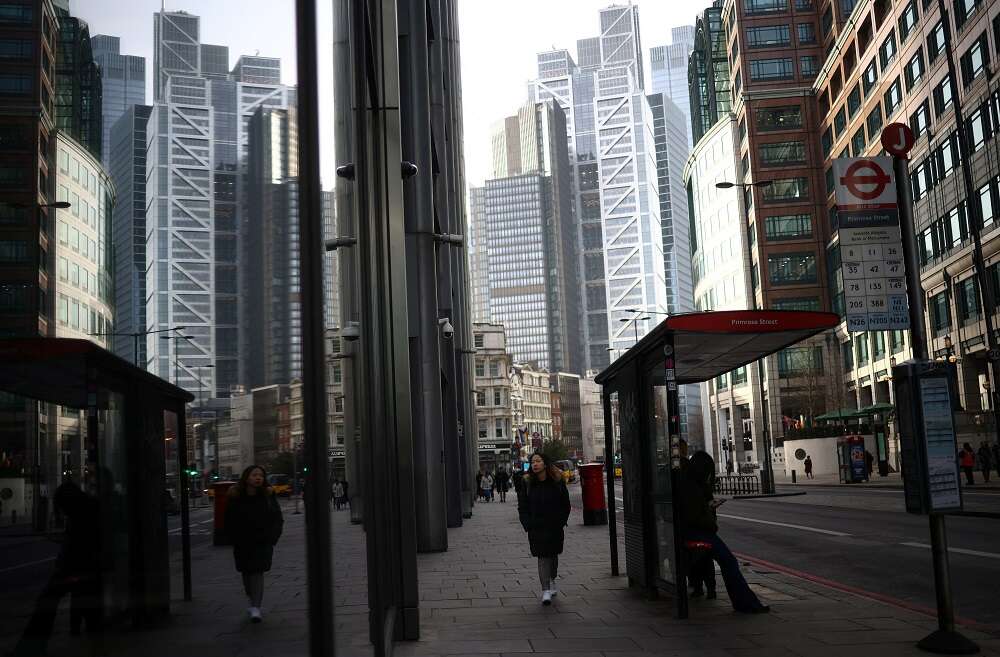
Global companies to hike security spending as threats rise – survey
By Kate Holton
LONDON (Reuters) – Almost half of security chiefs at the world’s biggest companies expect to increase their budgets significantly in the next year as they see economic and social unrest driving more cases of theft, fraud and the leaking of sensitive information.
A survey of 1,775 chief security officers in 30 countries found their companies had lost more than $1 trillion in revenue in 2022 as a result of non-cyber security incidents, similar to the monetary impact of higher profile cyber attacks.
The survey, by the American security and staffing company Allied Universal, found companies were losing high-end goods and intellectual property both internally to staff and externally, with North America badly affected.
The World Security Report survey, the first time Allied has collated and published the thinking of so many large companies, questioned executives overseeing a combined $660 billion in security budgets in 2022, or 3.3% of their global revenue.
Asked what would happen to those budgets over the next year, 46% said they would “increase significantly”. That would add to the growing cost that companies around the world have been grappling with, on everything from wages to energy.
Allied Chief Executive Steve Jones told Reuters that while much of the fraud, counterfeiting and loss of intellectual property was driven by financial gain, some internal leaking of sensitive information was motivated by social causes.
“There is this social kind of impact or social motivation or political motivation whereby the bad actors are there to either hurt a company or socially and politically impact them,” he said.
The report by Allied, which owns the British security group G4S, was designed to gauge the cost and scale of security breaches and what factors drive them.
It listed economic unrest stemming from high inflation and deteriorating living standards, along with climate change and social unrest as issues that can lead to security breaches.
In North America, 41% of respondents said they had experienced copyright infringement from staff or contractors, while 32% had lost physical property to external actors.
Examples of loss included the theft of high-end goods in the tech and retail sectors, while the pharmaceutical sector struggled with counterfeiting. Data centres were also seen as being at risk, either through the disruption of energy or if a security breach was linked to a cyber attack.
Asked about future spending, 42% of respondents said they intended to invest in artificial intelligence (AI) and AI-powered surveillance to spot threats more quickly.
(Reporting by Kate Holton; Editing by Andrew Heavens)


